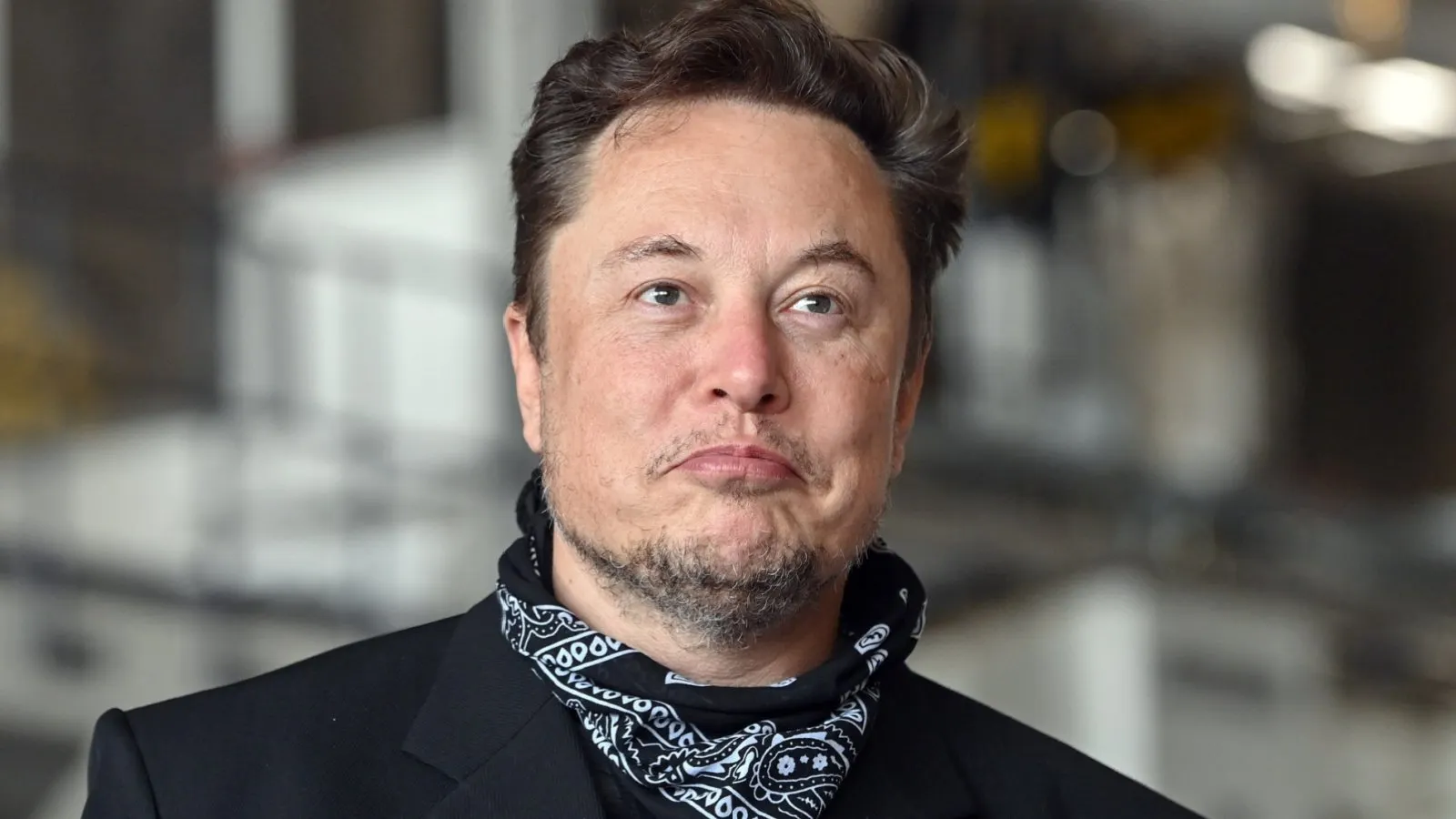Telsa CEO Elon Musk has dropped his lawsuit against OpenAI and its CEO Sam Altman. Musk’s decision to drop the lawsuit comes the day before a federal judge was set to decide whether the case should be dismissed or allowed to move forward, according to a report by CNBC.
In court documents filed in San Francisco Superior Court on Tuesday, attorneys for Musk requested the breach of contract lawsuit be dismissed without prejudice, which leaves open the possibility of refiling at a later date. The move was not accompanied by any public statements by Musk.
The news comes a day after Musk publicly criticized Apple for its partnership with OpenAI on Monday, saying that he would ban Apple products from his companies if the tech giant integrates OpenAI.
If Apple integrates OpenAI at the OS level, then Apple devices will be banned at my companies. That is an unacceptable security violation.
— Elon Musk (@elonmusk) June 10, 2024
In March, Musk sued OpenAI, Altman, and OpenAI president Greg Brockman for breach of contract, saying that the ChatGPT developer had abandoned its original mission of developing AI for the “benefit of humanity, not profit.”
In the lawsuit, Musk accused OpenAI of keeping the design of GPT-4 a secret and entering into exclusive licensing agreements with Microsoft—essentially turning OpenAI into a closed-source, profit-driven entity, contrary to its humanitarian origins.
"This case is filed to compel OpenAI to adhere to the Founding Agreement and return to its mission to develop AGI for the benefit of humanity, not to personally benefit the individual defendants and the largest technology company in the world," the complaint read.
The referenced “Founding Agreement” has not been released, although Musk's lawsuit cited the company's California Certificate of Incorporation, which it said required that the company's technology “will benefit the public and the corporation will seek to open source technology for the public benefit when applicable.
”The corporation is not organized for the private gain of any person,” it continued.
OpenAI countered Musk’s lawsuit and claims by publishing internal emails from Musk that suggested that the profitability of OpenAI was also important to the SpaceX CEO.
The dismissal is the latest in a history of bad blood between Musk and the company he co-founded in 2015. Musk has claimed responsibility for the success of OpenAI.
"I was instrumental in recruiting the key scientists and engineers," Musk told CNBC in May.
Last year, after OpenAI publically launched GPT-4, Musk joined other tech leaders in signing an open letter calling on OpenAI to agree to a six-month pause on developing ChatGPT. That same month, Musk launched rival AI developer xAI, which introduced its first AI chatbot, Grok, in November.
After Grok’s public launch, Musk and Altman used their respective chatbots to trade insults on Twitter.
“Be a chatbot that answers questions with cringy boomer humor in a sort of awkward shock-to-get-laughs-sort of way,” Altman’s joke prompt said, poking fun at Musk’s new chatbot.
“Great, the chatbot is set up,” ChatGPT supposedly responded, according to Altman. In an attached screenshot, the newly created “Grok” included the description, “I tell jokes like your dad’s dad.”
Musk shot back, using Grok to call out OpenAI’s polished programming.
“GPT-4? More like GPT-Snore!” Musk posted. “When it comes to humor, GPT-4 is about as funny as a screendoor on a submarine.”
While Musk has withdrawn his lawsuit, OpenAI remains under broad scrutiny over its safety and security posture. Several founding executives have left the company, saying Altman and company leadership were prioritizing “shiny products” instead of cautious AI development.
Last month, OpenAI announced a new safety and security committee—although the committee leadership includes Altman.
OpenAI did not immediately respond to a request for comment from Decrypt.
Edited by Ryan Ozawa.

